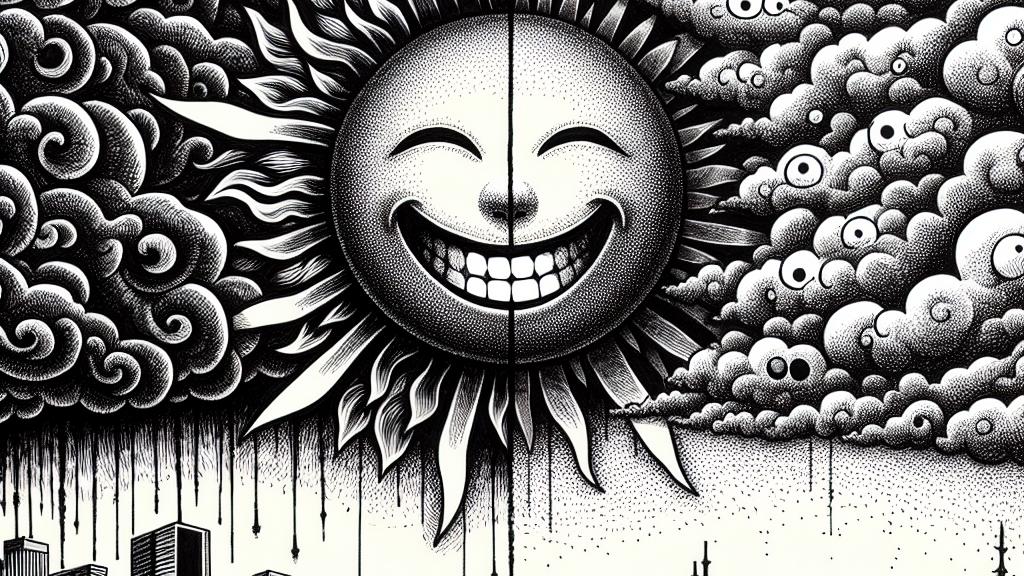Changes in Sadness and Anxiety Among Japanese Due to COVID-19
Overview
- COVID-19 has significantly transformed emotional states among the Japanese, leading to increased feelings of sadness and anxiety.
- The long-term effects of COVID-19, often referred to as 'Long COVID,' continue to challenge many individuals emotionally and psychologically.
- Current data highlights a persistent struggle with negative emotions, indicating an urgent need for enhanced mental health support and awareness.

Shifting Emotional Landscape
In Japan, the emotional landscape has seen a remarkable and distressing transformation since the onset of the COVID-19 pandemic. After three and a half years of fighting the virus, the Japanese government reclassified COVID-19 in May 2023, signaling a return to normalcy. Yet, despite this shift, many individuals find themselves still trapped in an emotional quagmire. For example, surveys and studies, such as those by the Macromill Weekly Index, reveal a stark increase in negative emotions like fear and sadness. People report feeling a sense of dread that overshadows their daily lives. These emotions, like dark clouds, have replaced the sunny optimism felt before the pandemic, illustrating a deep and troubling shift in the public mood.
The Hidden Impact of Long COVID
Adding to this emotional turmoil, the phenomenon known as Long COVID has introduced an intricate web of challenges. Even after the acute phase of illness has passed, symptoms such as debilitating fatigue, respiratory problems, and cognitive issues persist for many. Imagine someone who once thrived in social settings now struggling to attend gatherings due to overwhelming anxiety. These individuals, whose lives were vibrant and full, now face a constant battle with emotional distress. The prolonged impact of Long COVID emphasizes the need for comprehensive mental health resources. As individuals navigate their recovery, understanding and support become paramount to help them reclaim their joyful lives.
Emerging Trends in Public Sentiment
Analyzing data from the past decade reveals alarming trends regarding Japan’s collective emotional health. Before the pandemic, positive emotions generally outpaced negative ones, particularly during festive occasions like New Year's celebrations. However, since the beginning of COVID-19 in early 2020, this trend has sharply reversed. Recent studies illustrate how feelings of joy have significantly declined, leaving many to oscillate between debilitating emotions of sadness and anxiety. Even as society transitions back to pre-pandemic activities, many people still grapple with these lingering emotional scars, suggesting that the pandemic’s psychological impact reaches far beyond the initial health crisis. This enduring negativity begs for a concerted effort to foster community support and mental health awareness as Japan works to heal and rebuild.

Loading...